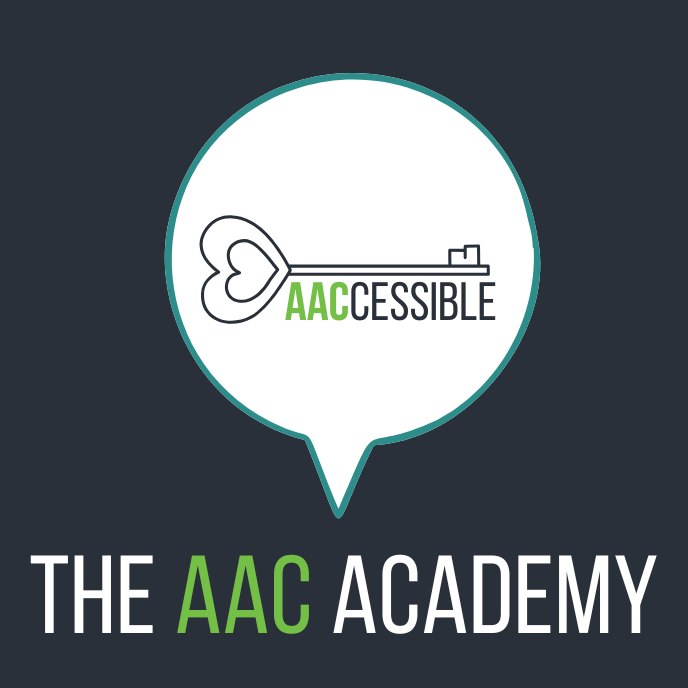Supervision in AAC
Providing evidence-based and affirming service to Individuals with complex communication needs (CCN) is the responsibility of all speech-language pathologists, regardless of practice setting or professional season. Clients with complex and varying profiles bring unique strengths and needs to the therapeutic relationship, demanding additional supervision focus for graduate clinicians and clinical fellows beyond what might be provided in more ‘traditional’ practice scenarios. Although the nature of supervision in AAC practice may flex as novice clinicians become more experienced and self-reflective, bringing effective and affirming practices into perspective can and should start as early as pre-service training and continue throughout graduate clinical experiences, post-graduate fellowship, and life-long practice. Ensuring that graduate students and clinical fellows are well-prepared to provide AAC services is essential for promoting the well-being of people with CCN. This training outlines key principles for the effective supervision of graduate students and clinical fellows in the field of speech-language pathology when working with individuals with CCN who communicate with AAC. Borrowing from ASHA supervision guidelines and integrating a lens of reflective practice and reflective supervision, this session will explore the importance of ‘ways of knowing,’ ‘ways of doing,’ and ‘ways of being’ to foster a supervision relationship that encourages career-long evidence-based and reflective practice.
WHAT'S INCLUDED
-
2 Modules
-
Watch on-demand over
12 months of access -
CMH, Certificate Provided
-
Multimedia, hands-on learning experience
-
Online classroom community
-
Loads of resources!
Evidence-based principles
Gain a research-based supervision framework tailored to the unique complexities of AAC service delivery.
Conscientious practices
Learn how to engage in holistic supervision that emphasizes ways of knowing, ways of doing, and ways of being with.
Learning Objectives
By the end of the training, attendees will be able to:
1. Discuss at least three key areas of supervision focus unique to supporting graduate student clinicians and clinical fellows as they work with individuals with complex communication needs and their families.
2. Describe the role of reflective practice and reflective supervision within 1the supervisor-supervisee relationship when partnering with graduate student clinicians and clinical fellows to support persons with complex communication needs and their families.
3. Identify at least three reflective supervision strategies that can be employed to equip graduate student clinicians and clinical fellows to provide career-long, evidence-based, and reflective practice when working with complex communicators and their families.
Write your awesome label here.
Continuing Education Credit
This series offers eligible students a total of
2 certification maintenance hours (CMH)
2 certification maintenance hours (CMH)
Learn more about CMH/PDH (versus CEU's or continuing education units) on your course syllabus and on our CEU Page. All learners are encouraged to confirm that this course meets the requirements of their licensing board before purchasing.
Write your awesome label here.
Meet the instructor
Tannalynn Neufeld
I am a licensed and ASHA certified speech-language pathologist with over 15 years of clinical experience supporting children and adults who are learning to communicate with the support of AAC and their families. Alongside ongoing clinical practice with AAC assessment and intervention as a private consultant, I have dedicated the latter years of my career to helping other professionals empower themselves with the knowledge and skills they need to support children who use AAC as a mentor. I am looking forward to working with each of you on your AAC Journey!
Learn more about my work here.
Patrick Jones - Course author
